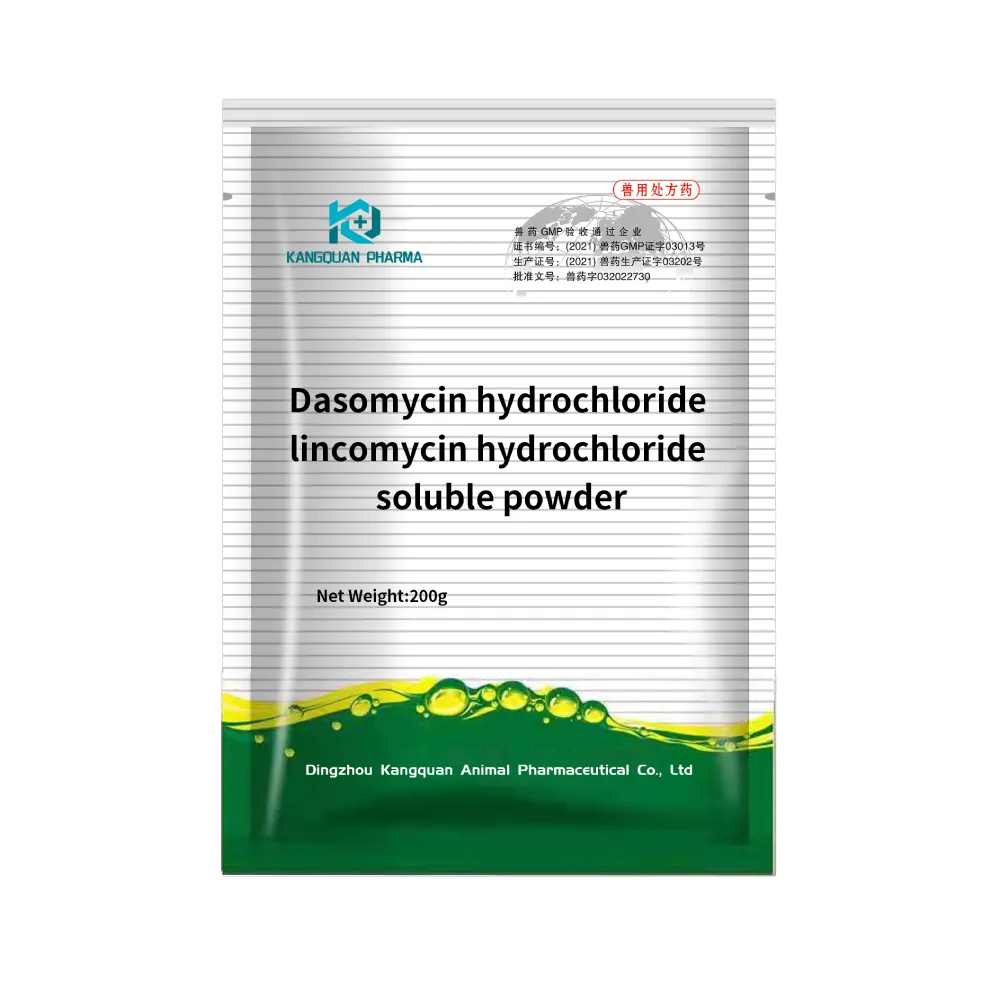- Afrikaans
- Albanian
- Amharic
- Arabic
- Armenian
- Azerbaijani
- Basque
- Belarusian
- Bengali
- Bosnian
- Bulgarian
- Catalan
- Cebuano
- Corsican
- Croatian
- Czech
- Danish
- Dutch
- English
- Esperanto
- Estonian
- Finnish
- French
- Frisian
- Galician
- Georgian
- German
- Greek
- Gujarati
- Haitian Creole
- hausa
- hawaiian
- Hebrew
- Hindi
- Miao
- Hungarian
- Icelandic
- igbo
- Indonesian
- irish
- Italian
- Japanese
- Javanese
- Kannada
- kazakh
- Khmer
- Rwandese
- Korean
- Kurdish
- Kyrgyz
- Lao
- Latin
- Latvian
- Lithuanian
- Luxembourgish
- Macedonian
- Malgashi
- Malay
- Malayalam
- Maltese
- Maori
- Marathi
- Mongolian
- Myanmar
- Nepali
- Norwegian
- Norwegian
- Occitan
- Pashto
- Persian
- Polish
- Portuguese
- Punjabi
- Romanian
- Russian
- Samoan
- Scottish Gaelic
- Serbian
- Sesotho
- Shona
- Sindhi
- Sinhala
- Slovak
- Slovenian
- Somali
- Spanish
- Sundanese
- Swahili
- Swedish
- Tagalog
- Tajik
- Tamil
- Tatar
- Telugu
- Thai
- Turkish
- Turkmen
- Ukrainian
- Urdu
- Uighur
- Uzbek
- Vietnamese
- Welsh
- Bantu
- Yiddish
- Yoruba
- Zulu
8 月 . 12, 2024 12:42 Back to list
Effective Use of Ivermectin Injection to Treat Lice Infestations in Goats
Ivermectin Injection for Goat Lice An Overview
Goat farming plays a vital role in agriculture, providing essential products such as milk, meat, and fiber. However, goat farmers face numerous challenges, one of the most common being external parasites, particularly lice. Goat lice can lead to severe health issues, affecting the productivity and overall welfare of the animals. One of the most effective treatments available is Ivermectin injection, a medication that has gained popularity due to its efficacy in controlling these pests.
Understanding Goat Lice
Goat lice are small, wingless insects that thrive on the skin of goats. There are several types of lice, but the most prevalent species affecting goats include biting lice (Felicola subrostratus) and sucking lice (Linognathus stenopsis). These pests feed on the skin and blood of the goats, causing irritation, hair loss, and in more severe cases, anemia. Infestations can lead to significant discomfort and health deterioration, which can ultimately impact milk production and meat quality.
The Role of Ivermectin
Ivermectin is a broad-spectrum antiparasitic agent that belongs to the avermectin class of drugs. Originally developed for veterinary use, Ivermectin is effective against a variety of parasites, including internal parasites (like roundworms) and external parasites such as lice and mites. Its mechanism of action involves binding to glutamate-gated chloride channels, leading to paralysis and death of the parasites.
The use of Ivermectin in goat lice management is favored due to several key factors 1. Efficacy Ivermectin has been shown to provide immediate results in reducing lice populations, significantly improving the health and comfort of the affected goats. 2. Ease of Administration As an injectable medication, it allows for quick delivery into the animal's body, ensuring more consistent absorption compared to topical treatments, which can be affected by environmental conditions such as rain or humidity. 3. Long-lasting Protection Ivermectin provides prolonged protection against reinfestation, reducing the frequency of treatment required.
ivermectin injection for goat lice

Dosage and Administration
The administration of Ivermectin should be carried out by a qualified veterinarian to ensure proper dosage and minimize any risks. Typically, the recommended dosage of Ivermectin for goats is 1% solution at 0.2 mg/kg body weight, injected subcutaneously. It is crucial to follow the manufacturer's guidelines and the advice of a licensed veterinarian when determining the appropriate dosage and frequency of administration.
Considerations and Precautions
While Ivermectin is generally safe for use in goats, there are several considerations to keep in mind - Withdrawal Time For goats intended for milk or meat production, it’s important to adhere to the withdrawal times specified for Ivermectin to avoid residues in edible products. - Sensitivity Some goat breeds may have differing sensitivities to Ivermectin. It’s essential to monitor the goats for any adverse reactions after administration. - Integrated Management Combining Ivermectin treatments with good management practices—such as regular grooming, cleanliness in living quarters, and maintaining overall animal health—can further enhance the effectiveness of lice control.
Conclusion
Ivermectin injection offers a potent solution for controlling goat lice, significantly improving animal welfare and productivity. By understanding the impact of lice infestations and appropriately utilizing Ivermectin, goat farmers can effectively manage these parasites, ensuring the health and functionality of their herd. Regular veterinary consultations and adherence to best practices can lead to a successful outcome in lice management, benefiting both the goats and the overall farming operation.
-
The Power of Radix Isatidis Extract for Your Health and Wellness
NewsOct.29,2024
-
Neomycin Sulfate Soluble Powder: A Versatile Solution for Pet Health
NewsOct.29,2024
-
Lincomycin Hydrochloride Soluble Powder – The Essential Solution
NewsOct.29,2024
-
Garamycin Gentamicin Sulfate for Effective Infection Control
NewsOct.29,2024
-
Doxycycline Hyclate Soluble Powder: Your Antibiotic Needs
NewsOct.29,2024
-
Tilmicosin Premix: The Ultimate Solution for Poultry Health
NewsOct.29,2024













